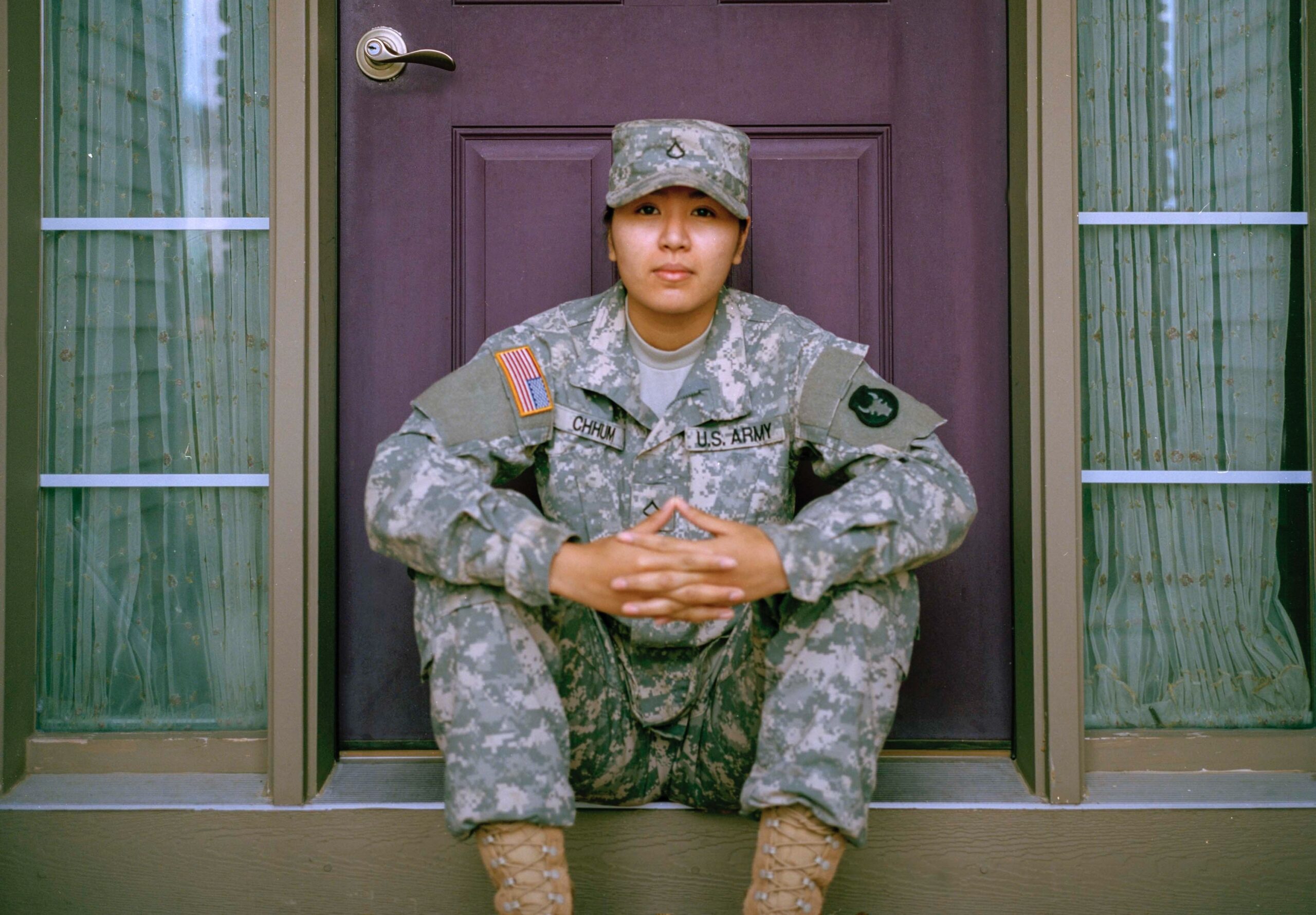Every year, approximately 250,000 enlisted service members leave the U.S. military service and return to civilian life, providing an entire cohort of available workforce candidates. Organizations that hire veterans not only receive a competitive advantage from a diverse and inclusive workplace but also benefit from the unique experiences and skills veterans bring to the table. In order to successfully attract, hire, and retain veterans, civilian employers must be trained on cultural competency, unconscious bias, and diversity and inclusion in the workplace.
The Nature of the Labor Pool for Veterans Today
In a labor market as competitive as it is today, finding candidates who are driven, loyal, and value-minded is harder than ever before. Those veterans entering the workforce annually, which also consists of several diverse subgroups within the labor category, are a crucial talent pool. “Among the 370,000 unemployed veterans in 2017, 4% were aged 18-24, 59% were aged 25-54, and 37% were age 55 and over. Veterans are natural leaders, with expertise that benefits fast-paced, dynamic organizations in many ways.”
The Importance of Hiring Veterans
A truly diverse and inclusive workforce and company dynamic is one that invites and includes different classes of race, gender, religion, sexual orientation, and age, as well as a variety of backgrounds, perspectives, unique experiences, and ideas. The post-9/11 group of veterans is younger, more racially diverse, and includes more women than any other period of military service in history, according to the 2018 MTC Report. The changing demographics of service members transitioning from military to civilian life impact recruiting strategies, assistance expectations, and workplace dynamics as they seek to gain civilian employment.
A diverse and inclusive employee base proves more competitive in the global economy. According to a 2015 McKinsey & Company Report, companies in the top quartile for ethnic/cultural diversity were 33% more likely to have above-average profitability. The same was true for companies with gender diversity among their executive teams as they were 21% more likely to outperform for profitability.
Veterans bring a diverse set of skills to the civilian workforce. Because of their previous position’s responsibilities, they are more adept at working alongside individuals from all walks of life, races, belief systems, religions, genders, and economic statuses. Trained rigorously in teamwork, leadership, and loyalty while in the service, veterans naturally bring a strong work ethic, problem-solving skills, alertness, and adaptation to a cross-functional, civilian workplace environment. As such, many veterans desperately seek structure and performance expectations once outside of the service.
Many times, veterans have unique perspectives and insight into globalization from real-world experiences that can be applied to civilian company expansion opportunities. “The cross-cultural experiences characteristic of a veteran’s military career represents a competitive advantage for any employer organization, given the increasing globalization of the business environment.[5]” Additionally, they have respect for procedures, health and safety standards, and are timely in their ability to meet deadlines.
Serving Those Who Served Us
Veterans provide a unique talent pool for employers. Recognizing the benefits and importance of this diverse workforce not only allows for unique perspectives and skills but protects veterans from the inability to transition back into the civilian workforce. Because of the Employer Support of Guard and Reserve, ESGR, which is a program that promotes the cooperation and understanding between civilian employers and their employees who serve in the National Guard or Reserve, workplaces are more apt to develop and promote supportive work environments for service members through outreach, recognition, and educational opportunities. Additionally, Uniformed Services Employment and Reemployment Rights Act (USERRA), protects the employment rights of a servicemember and veteran civilian employment following military service.
Career development opportunities, on-the-job training, internships, mentorship programs, and other resources available to veterans ensure a smoother transition back to the civilian workforce. Providing them with the environment and opportunity to utilize the years of training they received in the military to contribute to civilian society not only encourages a diverse and inclusive workplace but also supports a readily available talent pool. Diversity and inclusion are the foundation for a creative and welcoming work environment that makes sure all employees feel supported and valued. Hiring veterans contributes to a team’s success and company culture by encouraging perseverance, efficiency, creative problem-solving, and so much more, which are all valuable assets to have in any organization.
Knowledge Services is forever committed to hiring and helping veterans and military spouses find civilian employment that utilizes their skills and provides a positive experience for both the employed and the employer. Through creative and professional recruitment and support, our teams work tirelessly to ensure veterans are successful in their careers with us, and our clients are engaging with a company that strives for diversity and inclusion. For more on workforce management, contact us.





